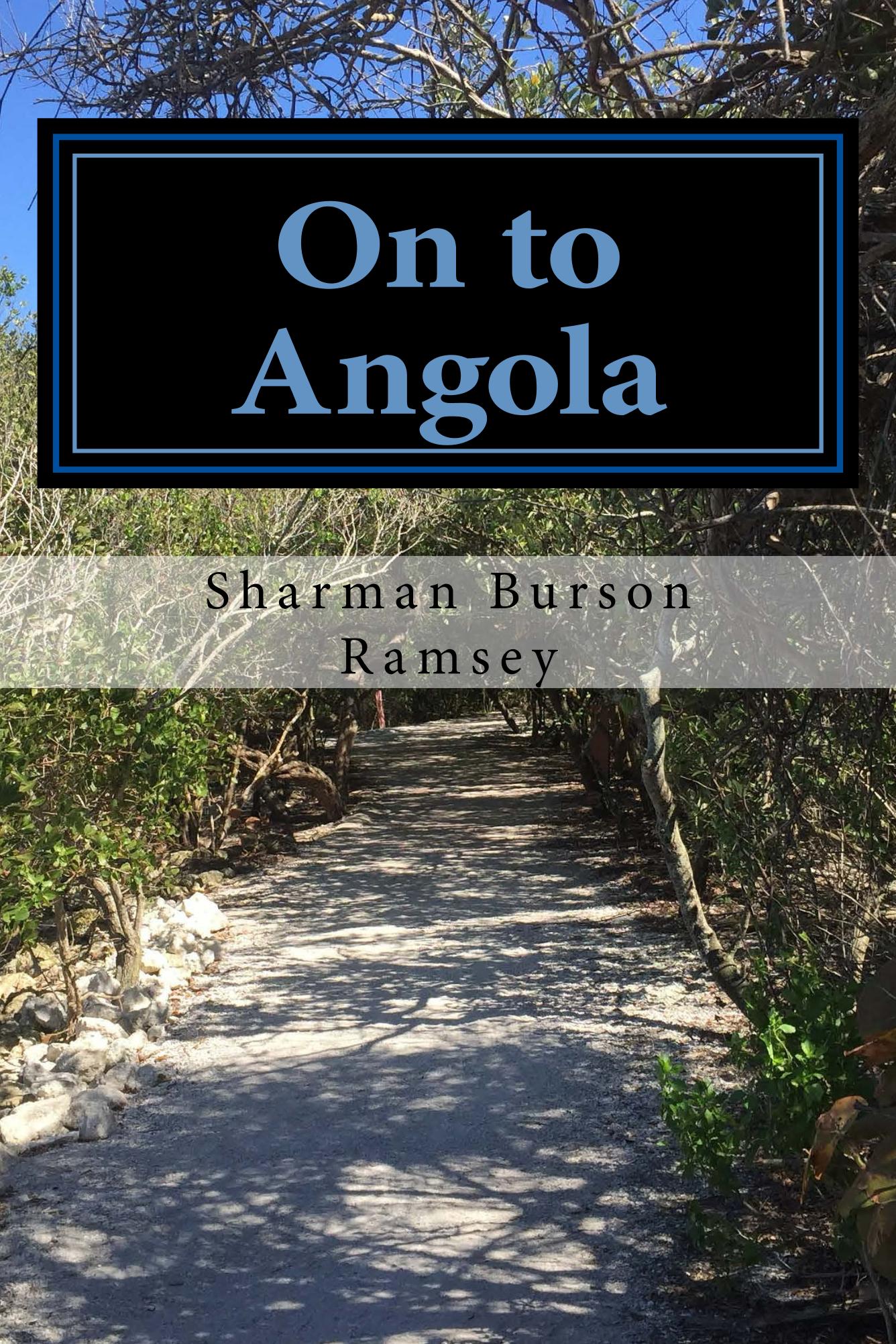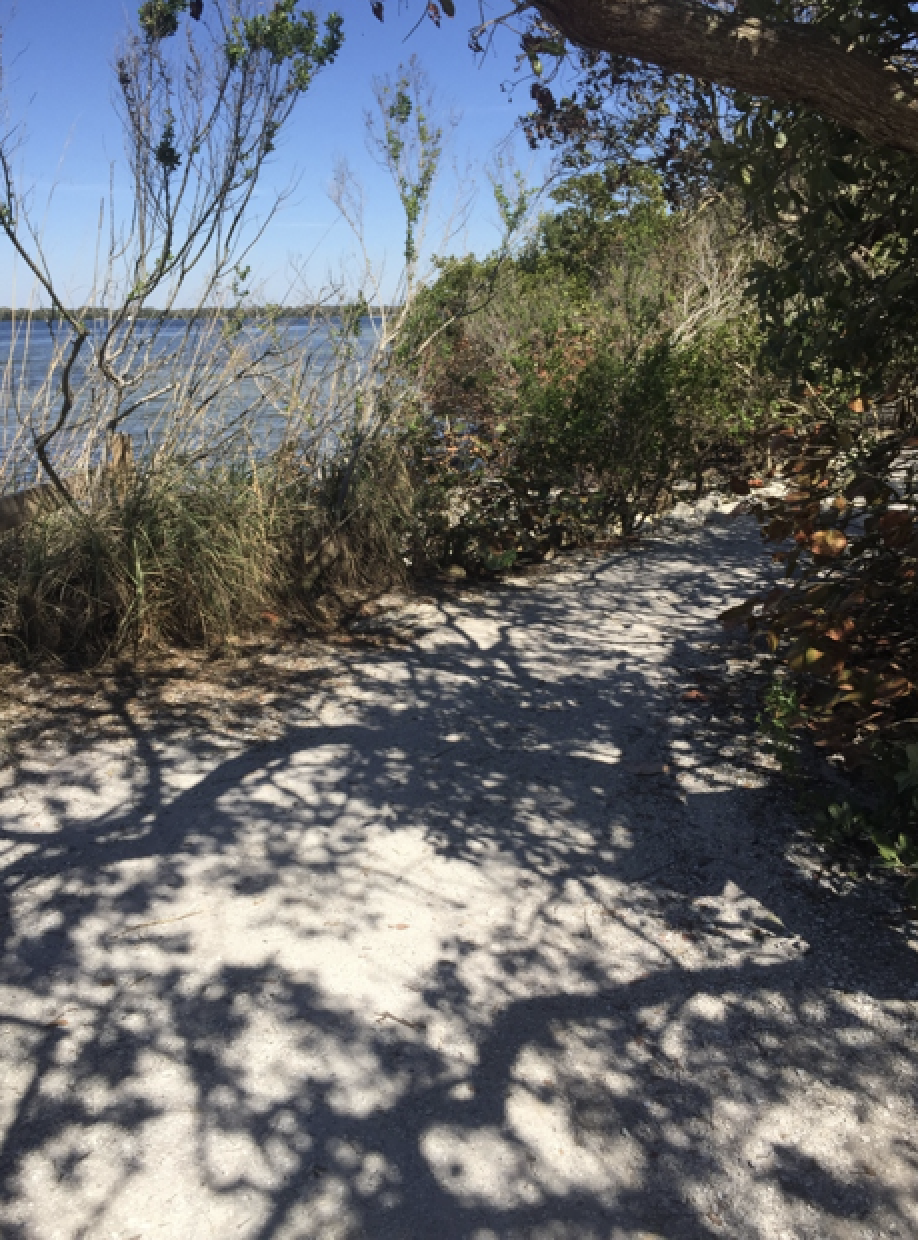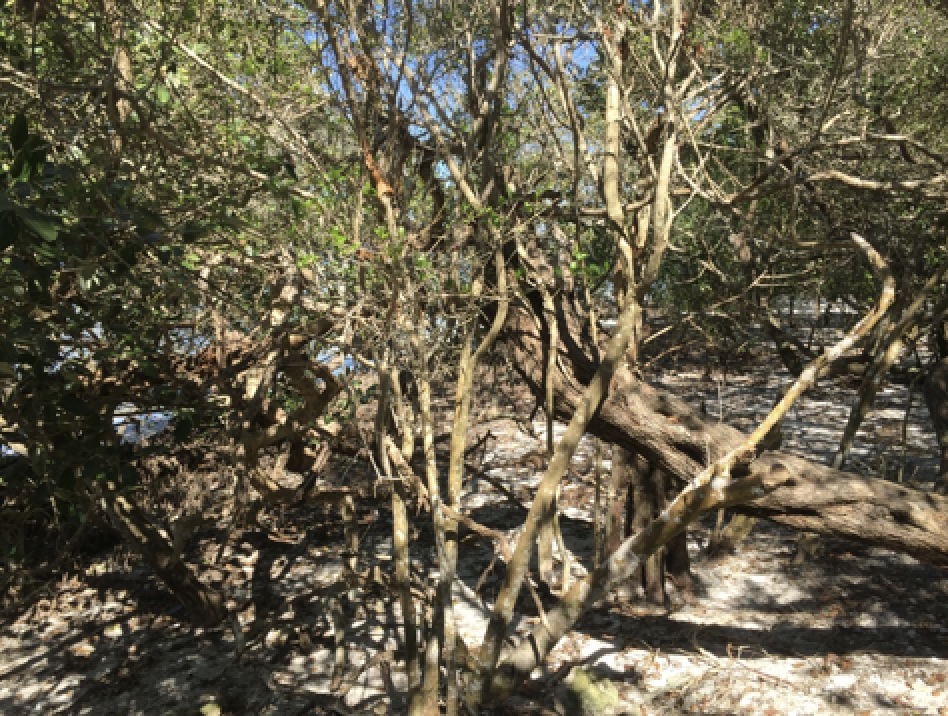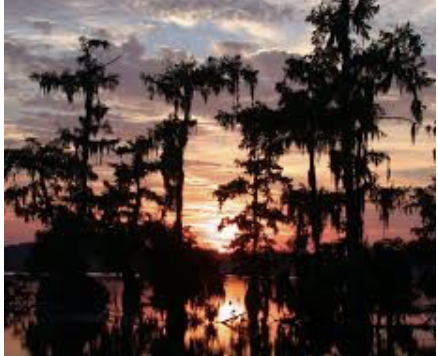
Dear Sharman,
Congratulations!!! I have just purchased a copy of your new book, "On To Angola." The book is fabulous and it's hard for me to put it down for any length of time. I am gravitated to it like a high power magnet.
Best wishes,
James E. McCalister
Amazon.com
Historical Fiction
Black and Native American History
Florida
Sharman Burson Ramsey tells the complicated, important story of a haven for freedom on Florida’s Gulf Coast. Angola, a maroon community of self-emancipated slaves and free blacks, was hidden from slave raiders and from history, until recently. Piecing together the archaeological and historical information on the hundreds of people living near the Manatee River and Sarasota Bay in early 19th century, the novel skillfully weaves a story of people from across Spanish La Florida, the US southeast, and Britain who sought freedom and family in Tampa Bay, themes that continue to inspire us today.
Uzi Baram
Professor of Anthropology
Director of the New College Public Archaeology Lab
New College of Florida
5800 Bay Shore Road
Sarasota, FL 34243 USA
Baram@ncf.edu
PLEASE REVIEW THIS BOOK ON AMAZON
|
6" x 9" (15.24 x 22.86 cm)
Black & White on White paper
338 pages
ISBN-13: 978-1985094154 (CreateSpace-Assigned)
ISBN-10: 1985094150
BISAC: Fiction / Action & Adventure
“Towards the end of the month of April last, some men of influence and fortune, residing somewhere in the western country, thought of making a speculation in order to obtain Slaves for a trifle. They hired Charles Miller, William Weatherford [and others], and under these chiefs, were engaged about two hundred Cowetas Indians. They were ordered to proceed along the western coast of East Florida, southerly, and there take, in the name of the United States, and make prisoners of all the men of colour, including women and children, they would be able to find, and bring them all, well secured, to a certain place, which has been kept a secret.”
“Advice to Southern Planters” in Charleston City Gazette.
This third novel in the Creek Indian family saga, historical fiction, reunites twins Cato and Andro, separated at the Massacre at Fort Mims, one raised as a slave, the other as the adopted son of a Duke. Their quest to find their mother leads to a race against the Coweta raiders. They deal with slavers, unscrupulous English men, pirates, and the untamed frontier. In this adventure they join Red Stick survivors of the Creek and First Seminole War in a joint race for survival.
This novel is Florida History at the time of Andrew Jackson being territorial governor of Florida. It is Black History. It is Native American History. It is good and evil. It is OUR History.
--


Fictional are in red
Jay Kincaid
Joie
Ben,
Sister,
Meme,
Mo (Andro)
Sheba
Cato
Meme
Godfrey
Zebulon (also sold to James Adams and accompanied the twins)
Mamie
Timmy TEW 1807 13 in 1821, shrewd silver grey eyes Henri Caesar
Zebulon
Mamie
Sabrina Stapleton
Gabriel Kincaid
Joie Kincaid
Godfrey Lewis Winkel
Caid Kincaid
Lyssa Rendel Kincaid
Jake Rendel
Malee Rendel
Lance Rendel
Master James Smith
Alexander Smith
Sir Barklay Biddlesworth
Lord Archer Aston
Authentic Historical people in this book
Sir Phillip Stapleton MP
Gasparilla ? LEGEND OR TRUTH?
Gopher John
Andrew Jackson
Richard Keith Call 1792
Associate of Jackson Florida’s 3rd and 5th territorial governor 29 in 1811
Zephaniah Kingsley December 4, 1765 to September, 1843 born in Bristol England Quaker 56 in 1821
Anna Madgigine Jai Kingsley born 1793 in West Africa
George Kingsley
Abraham 1787 "Sauanaffe Tustunnagee" (Suwannee Warrior)
Moses Elias Levy (1781 40 in 1821
Abraham Mordecai
John Horse 1812-1882 Payne’s Prairie on the Alachua avannah in central Florida. 9 in 1821
Bukra Woman Chief Payne’s sister
Bowlegs b. abt. 1800 would be 21 in 1821
Simency Bowlegs sister
Miccanopi Pond Governor Became Chief 1821 Under influence of Jumper and Abraham
Holatoochee born about 1800 heir of Miccanopy
John Horse Cavallo 1812 – 1822 fought alongside Osceola acted as interpreter
Chief Alligator
Sam Jones (Abiaka) Crazy Rattlesnake (Medicine man) 1760
King Phillip on St. Johns
John Caesar chief adviser
Wild Cat (Coacoochee) born 1800 21 n 1821
Gopher John
Brevet Major Edward Nichols of the Royal Marines (1779 Coleraine
Billy Powell (Osceola) 1804
Peter McQueen
James McQueen
Betsy Durant
William Weatherford
George Stiggins
Isaac Jackson
